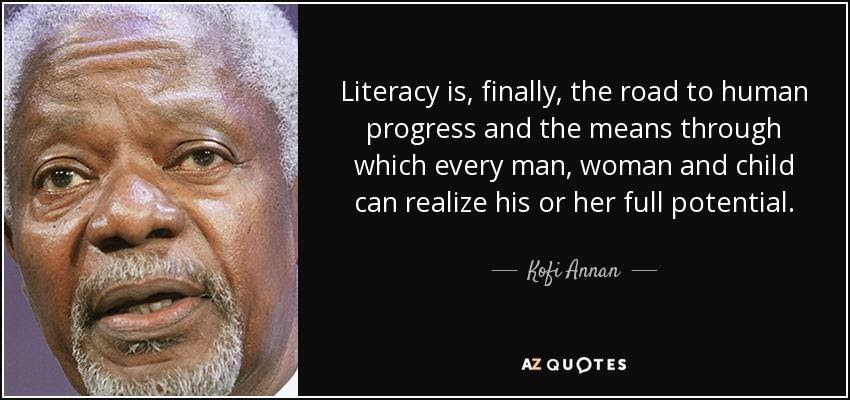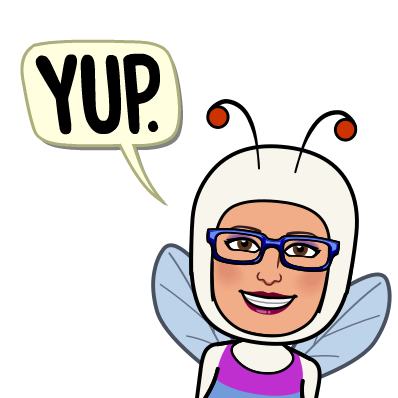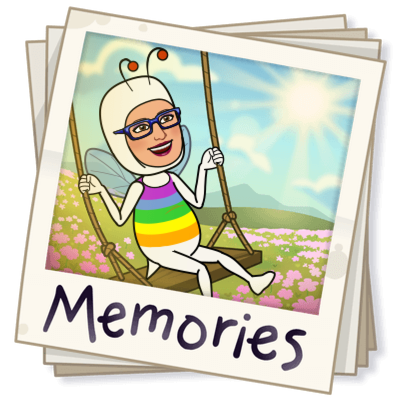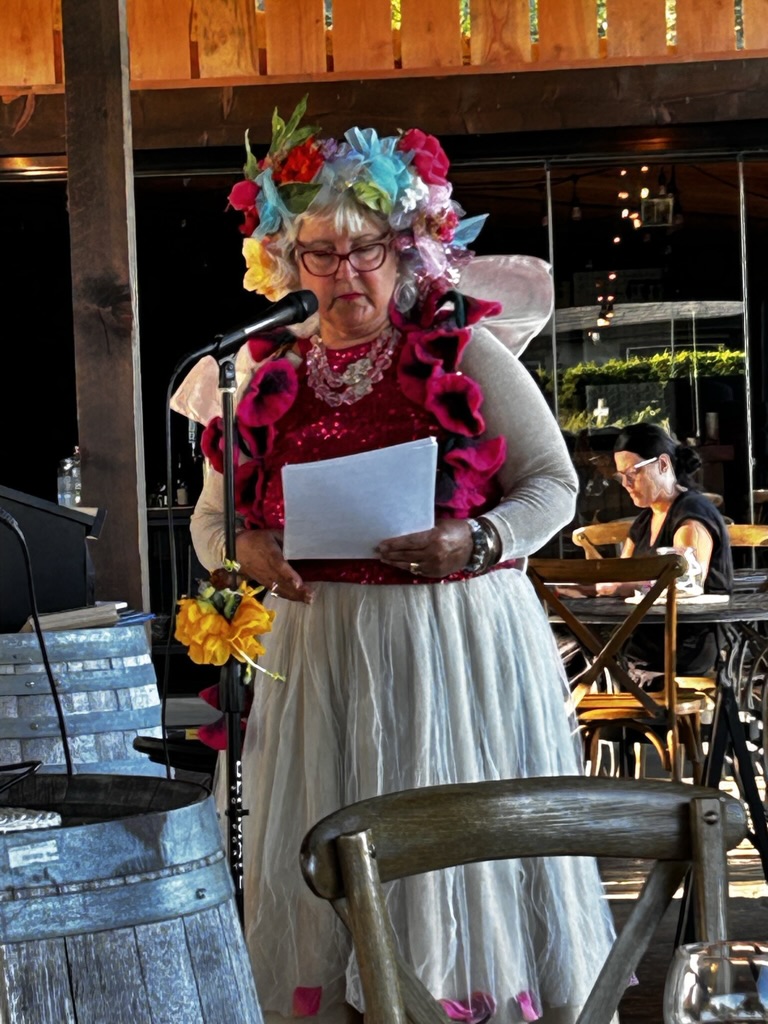How Important is Vocabulary? Critical!
Correlated with academic success, increased income levels, country’s GDP

As a former classroom teacher and parent, I would often hear the following comments:
- children just aren’t reading books like children did in the past
- children are spending too much time, gaming or on their computers
- people’s language skills have deteriorated in comparison to the past
At one-point, mid-career, I would have to say these thoughts have also passed through my mind, however, as time has progressed, and technology and our culture has changed, I disagree with these comments. Today, I think that children are reading but in a different way, often through technological devices. Moreover, today given the level of available extensive and creative resources on-line, educators can appeal to the interest, age and ability of pretty much any student, and as such reading is not limited to tactile books. In addition, due to the great promotion of at home reading programs, boys club reading programs, leveled reading books and apps (including games) that support students’ reading and writing growth, I do believe reading and literacy levels have increased in Canada. Yet, this growth is not necessarily stable and slightly declining as per the 2019 Globe and Mail article, the link found below.
Vocabulary expansion is an essential piece in expanding literacy skills and it is important that we not only remain committed to supporting our children in expanding their word knowledge and usage, but we as adults should keep expanding and enhancing our vocabulary. We are the role models for our children, (yes, we need to keep our potty mouths in check) and we too need to keep up our literacy skills. We as communicating humans need to keep exercising our brains. As Jessica Stillman writes in her article, it strengthens our neural pathways

James Corbyn, a writer and blogger for IvyPanda, wrote me about my blog post: Freedom of Choice, We All Have It. Do We Accept This Precious Gift Responsibly, or Gift it Away? Happy Cat and Merry Cat Make a Choice. He suggested this comprehensive article on IvyPanda’s site as a current reference with supports for vocabulary expansion. I must say this piece offers many great strategies and platforms for young and old that will enhance our understanding of topics through written and spoken word.
I dug deeper and checked out the IvyPanda site, which appears to offer varied solid free resources, support materials to assist and coach students and teachers through the writing process. They also provide further writing, coaching and workshops at a variety of costs. Reviews on line appear to be positive.
Given my passion on the topic of literacy and vocabulary development, particularly as applied to writing, I continued to research for other links that would provide inspiration and direction for student reading and writing development. Here are a few:
Great blog with a ton of super reference and support sites:
- https://minds-in-bloom.com/10-online-tools-to-engage-kids-in/
- https://playknoword.com/teachers
- https://www.sciencedaily.com/releases/2019/04/190404074947.htm
- http://www.ala.org/aboutala/offices/resources/hiddentreasure
- https://www.pinterest.com/pin/161637074100373103/
- https://childhood101.com/picture-books-words-word-play-vocabulary/
Article on the power of vocabulary development in preschoolers:
Interesting Canadian Stats

In summary, I think back to the late Dr. William Glasser who stated that learning was a byproduct of fun. One of our key avenues for learning is through literacy. Literacy can open our world to awestruck wonder and fun. May we all continuously revel in the fun of lifelong learning through sustaining and expanding our literacy skills.
MC’s web-research meandering on the topic of literacy:
Canada 2014…..could not find more recent stats
BUT I did find this article…promising that Canadian students’ reading scores are among the top internationally, they are declining.
And an interesting article correlating GDP with literacy rates
Adults and literacy
How Important is Vocabulary? Critical!
Correlated with academic success, increased income levels, country’s GDP
As a former classroom teacher and parent, I would often hear the following comments:
- children just aren’t reading books like children did in the past
- children are spending too much time, gaming or on their computers
- people’s language skills have deteriorated in comparison to the past
At one-point, mid-career, I would have to say these thoughts have also passed through my mind, however, as time has progressed, and technology and our culture has changed, I disagree with these comments. Today, I think that children are reading but in a different way, often through technological devices. Moreover, today given the level of available extensive and creative resources on-line, educators can appeal to the interest, age and ability of pretty much any student, and as such reading is not limited to tactile books. In addition, due to the great promotion of at home reading programs, boys club reading programs, leveled reading books and apps (including games) that support students’ reading and writing growth, I do believe reading and literacy levels have increased in Canada. Yet, this growth is not necessarily stable and slightly declining as per the 2019 Globe and Mail article, the link found below.
Vocabulary expansion is an essential piece in expanding literacy skills and it is important that we not only remain committed to supporting our children in expanding their word knowledge and usage, but we as adults should keep expanding and enhancing our vocabulary. We are the role models for our children, (yes, we need to keep our potty mouths in check) and we too need to keep up our literacy skills. We as communicating humans need to keep exercising our brains. As Jessica Stillman writes in her article, it strengthens our neural pathways


James Corbyn, a writer and blogger for IvyPanda, wrote me about my blog post: Freedom of Choice, We All Have It. Do We Accept This Precious Gift Responsibly, or Gift it Away? Happy Cat and Merry Cat Make a Choice. He suggested this comprehensive article on IvyPanda’s site as a current reference with supports for vocabulary expansion. I must say this piece offers many great strategies and platforms for young and old that will enhance our understanding of topics through written and spoken word.
I dug deeper and checked out the IvyPanda site, which appears to offer varied solid free resources, support materials to assist and coach students and teachers through the writing process. They also provide further writing, coaching and workshops at a variety of costs. Reviews on line appear to be positive.
Given my passion on the topic of literacy and vocabulary development, particularly as applied to writing, I continued to research for other links that would provide inspiration and direction for student reading and writing development. Here are a few:
Great blog with a ton of super reference and support sites:
- https://minds-in-bloom.com/10-online-tools-to-engage-kids-in/
- https://playknoword.com/teachers
- https://www.sciencedaily.com/releases/2019/04/190404074947.htm
- http://www.ala.org/aboutala/offices/resources/hiddentreasure
- https://www.pinterest.com/pin/161637074100373103/
- https://childhood101.com/picture-books-words-word-play-vocabulary/
Article on the power of vocabulary development in preschoolers:
Interesting Canadian Stats
In summary, I think back to the late Dr. William Glasser who stated that learning was a byproduct of fun. One of our key avenues for learning is through literacy. Literacy can open our world to awestruck wonder and fun. May we all continuously revel in the fun of lifelong learning through sustaining and expanding our literacy skills.
MC’s web-research meandering on the topic of literacy:
Canada 2014…..could not find more recent stats
BUT I did find this article…promising that Canadian students’ reading scores are among the top internationally, they are declining.
And an interesting article correlating GDP with literacy rates
Adults and literacy







